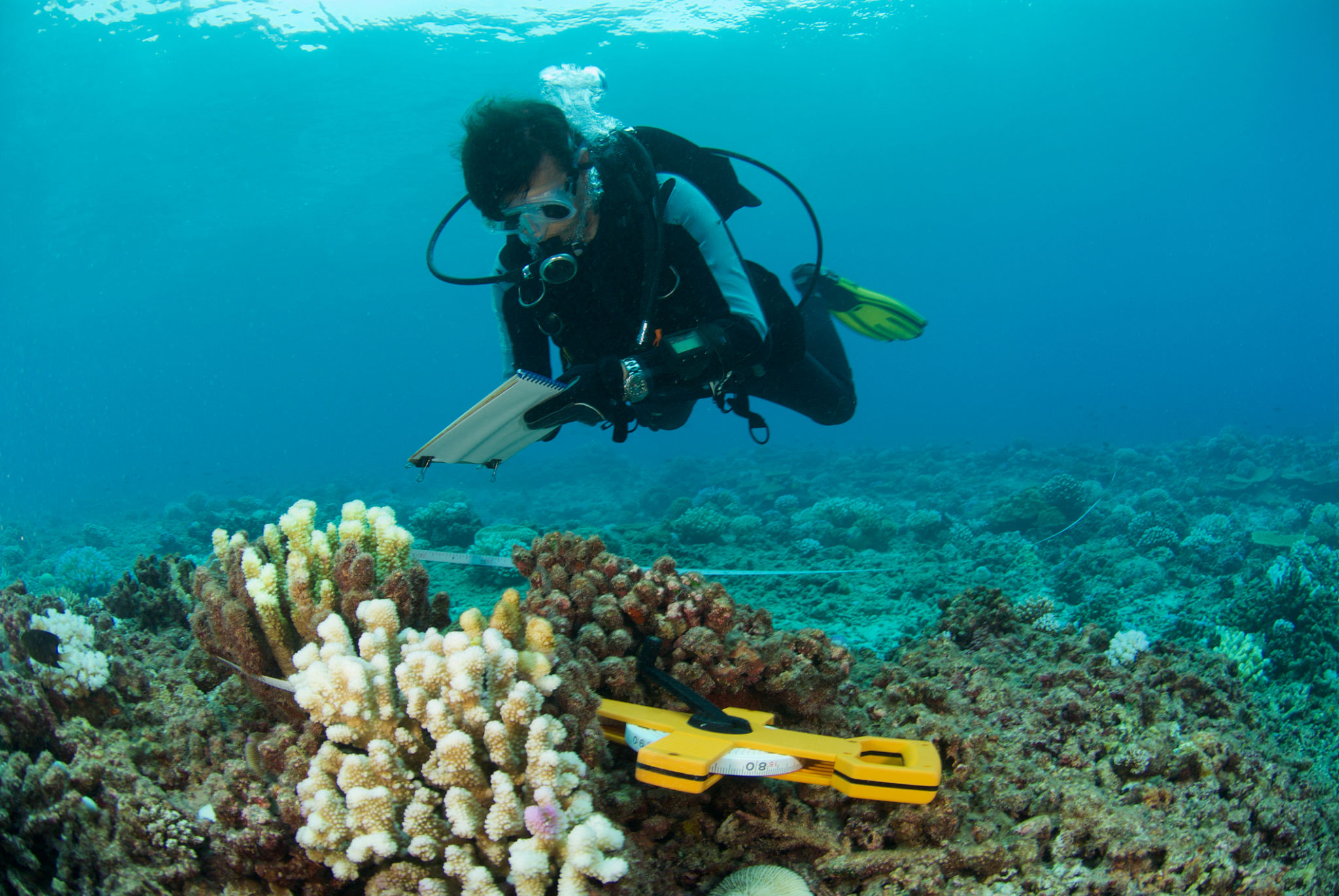How Coastal Watch Ghana is Protecting Marine Life
Introduction to Coastal Watch Ghana
Coastal Watch Ghana is a leading environmental organization dedicated to the preservation and protection of marine life along Ghana's extensive coastline. The organization has been at the forefront of marine conservation efforts, focusing on sustainable practices and community engagement to ensure the longevity of marine ecosystems.
Their initiatives are crucial in a region where marine biodiversity faces numerous threats, including overfishing, pollution, and climate change. By fostering awareness and implementing innovative strategies, Coastal Watch Ghana aims to safeguard the ocean's future.

Community Engagement and Education
A significant aspect of Coastal Watch Ghana's approach is its emphasis on community engagement. The organization works closely with local communities, fishermen, and schools to educate them about the importance of marine conservation. Through workshops and seminars, they teach sustainable fishing practices and the impacts of pollution.
The organization also runs educational programs for children and young adults, instilling a sense of responsibility towards the environment from a young age. These programs often include interactive activities that help participants understand the delicate balance of marine ecosystems.

Sustainable Fishing Practices
Overfishing is a major threat to marine life, and Coastal Watch Ghana is actively working to promote sustainable fishing practices. They collaborate with local fishermen to implement strategies that reduce bycatch and promote the use of eco-friendly fishing gear.
By advocating for seasonal fishing bans during breeding periods, the organization helps ensure fish populations can replenish. This not only benefits the environment but also supports the livelihoods of local communities by ensuring fish stocks remain abundant in the future.

Marine Pollution Mitigation
Marine pollution, particularly from plastic waste, is another critical issue addressed by Coastal Watch Ghana. The organization regularly organizes beach clean-up events, encouraging volunteers and community members to participate in keeping the coastline clean.
These efforts are complemented by campaigns to reduce plastic usage and promote recycling. Coastal Watch Ghana also collaborates with policymakers to advocate for stricter regulations on waste management and pollution control.
Research and Monitoring
Research plays a vital role in Coastal Watch Ghana's conservation efforts. The organization conducts regular monitoring of marine life and ecosystems to gather data that informs their strategies. This research helps identify vulnerable species and habitats that require immediate attention.
By partnering with academic institutions and international organizations, Coastal Watch Ghana ensures their research methodologies are up-to-date and their findings are shared with a global audience, contributing to worldwide marine conservation efforts.

Conclusion: A Future for Marine Life
Coastal Watch Ghana is making significant strides in protecting marine life along Ghana's coast. Through education, sustainable practices, pollution mitigation, and research, they are creating a model for conservation that can be replicated in other regions.
Their efforts highlight the importance of community involvement and innovative solutions in tackling environmental challenges. As they continue their work, Coastal Watch Ghana remains a beacon of hope for the future of our oceans.